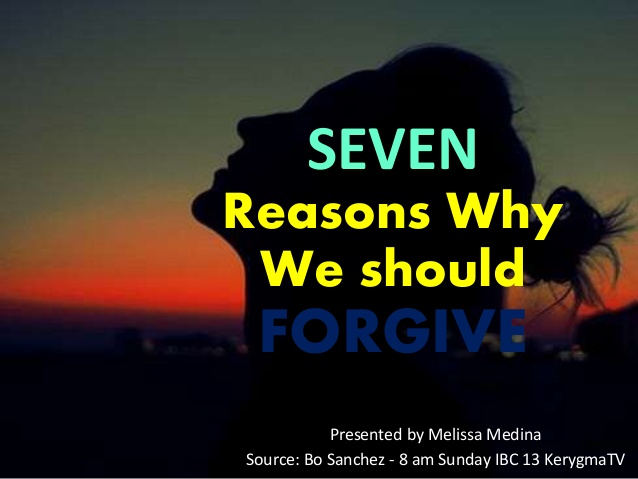Does this person who hurt you so much deserve to be forgiven? You’ve probably asked this question more than once. Maybe when it comes to someone very close to you, you’ll think more carefully about whether it’s worth forgiving or not. .
However, another question remains unanswered: does forgiveness mean reconciliation with that person, perhaps you have decided to forgive him for not continuing to hold grudges, a poison that does nothing right, but that doesn’t mean you have to be. friends of that person as before, stay married, go home for dinner, etc.
- When we are betrayed in some way it is very difficult for the relationship to continue as if nothing had happened.
- Imagine that trust is like a glass bowl that falls to the ground and breaks.
- Would it be as before.
- Even if we stick the pieces together?Of course not.
We must consider that when we forgive someone for their mistakes, we also forgive ourselves. What does that mean? That by forgiving we free ourselves from the pain, toxic emotions and negative feelings that inhabit us, and that is a lot.
But it’s not worth saying “I forgive you” without really feeling it; we must be aware and authentic when we express these words that have so much meaning and value.
Forgiveness can generate reconciliation or not, it is not a sine qua non condition, that is, that we can forgive and that each follows his own path, the two paths separated from the moment we decided to forgive and, at the same time, leave Vamos.
It doesn’t happen overnight; Forgiveness is a process that must evolve over time, you may think that you have already forgiven, but every time you remember that you feel sad, you cry, you are upset, etc. , this means that you have not yet forgiven 100%.
As Miguel Ruiz says in his book “The Four Agreements,” forgiveness is the only way we can heal ourselves. You’ll find that you’ve forgiven someone when you see (or remember) them and that you don’t have a negative emotional reaction.
We could compare forgiveness to healing a handmade wound by cutting an apple. As the wound heals, it will hurt if an object is touched or touched. Once the skin regenerates, there may be a lighter scar or skin, however, when you pass your finger over it, there will be no pain. In the case of forgiveness, you will realize that you have really forgiven when the memory of the situation does not hurt you, even if it offended you at first.
Remember this beautiful phrase about the consequences of not being forgiven: “Not forgiving is like taking a burning embers with the intention of throwing it at the other person: you burn first. “
Another reason to forgive, no doubt, is to remember that forgiveness is like a way to heal and eliminate more pain than has already occurred.
How, when and why to forgive? Everything will depend on each one of us, on the individual experience. There is no magic rule or recipe that says: “In the face of betrayal in the couple, wait two weeks to forgive”, for example.
You will achieve this yourself when you have forgiven or when you still lack work to achieve this goal, in some cases the time is responsible for healing the wounds, without a doubt the passage of the years is the best healer of the heart injuries.
Whether or not we have to forgive is a personal decision, but this decision will influence your life, whether in the present or in the future.
It is true that some betrayals are harder to forgive than others, but we must also remember that we are not perfect beings and that we are all wrong, this does not justify betrayal, we are simply less rigid or this person, who will certainly do. feels bad about what he’s done.
Therefore, we must remember that forgiveness is not something that benefits the other party, but ourselves, for we are detaching ourselves from a heavy and dangerous burden that damages our hearts.
Practice forgiveness more often and you’ll feel much lighter!

